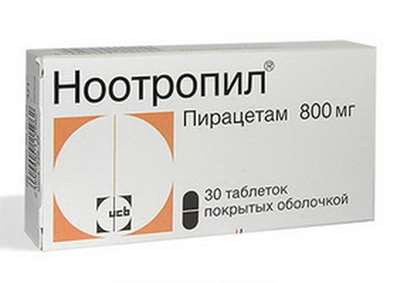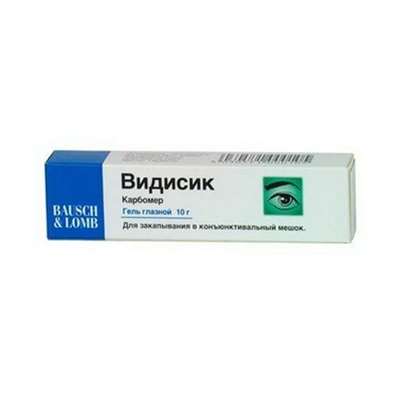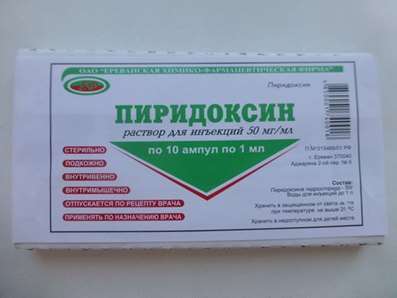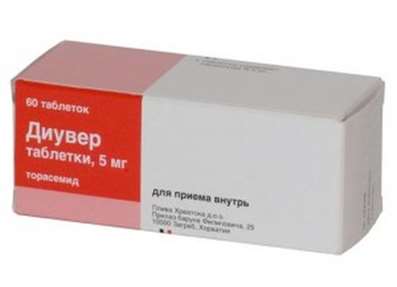Alzheimer's disease: when the brain is in danger
24 Oct 2018
Alzheimer's disease (or, more precisely, senile dementia of the Alzheimer's type) is one of the most common diseases of the old age: around the world, about 30 million people are affected by this ailment, and by 2050, according to the estimates of UN demographers, this number can grow in 4 times. Approximately half of the cases (specific indicators in different countries and even localities can differ significantly) of senile dementia after the examination is put exactly this diagnosis. Especially increases (approximately twice every 5 years) the risk of developing this disease after reaching the age of 65 years, reaching 20% by 80 years. Up to age 65, senile dementia of the Alzheimer's type is considered to be early.
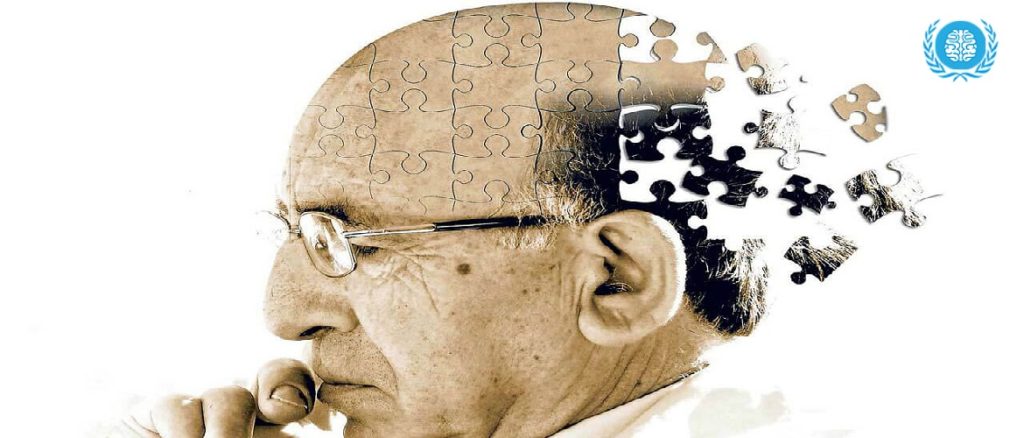
German psychiatrist Alois Alzheimer and described in 1906 a case of early progressive dementia and memory loss in a woman at the age of 50. For a long time, the diagnosis of "Alzheimer's disease" was raised only in patients with dementia at the age of 45-65 years. Only in 1977 it was finally established that presenile (early) and senile (senile) dementia in the clinical and pathological picture do not differ from each other, and in the presence of characteristic symptoms and developmental features the diagnosis of "Alzheimer's disease" was started regardless of age patient.
How does it manifest itself?
In the early stages, Alzheimer's disease is rarely recognized - usually the changes occurring with the patient are first explained by either recently experienced severe stress, or old age. The first one suffers memory - a person begins to learn information worse, is not able to remember what he learned more recently. It is the inability to reproduce the information, which was learned shortly before the verification, often distinguishes the early stages of the disease from the "usual", absent-mindedness, but for the detection of this feature, special (albeit uncomplicated) testing should be carried out - and the relatives and friends, of course, to check the memory of an elderly person.
Moreover, often in the early stages of Alzheimer's disease (and even more often with its development), the patient begins to "spoil the character": irritability, rudeness, capriciousness and selfishness appear - or, conversely, indifference to what is happening around and to others. There are often cases of suspicion, reaching the delirium, the patient believes that he "all the only hinders" or his "no one likes to want to get rid of." In the best case, the person is constantly in a bad mood, he can not be distracted and entertained, the depression is gradually developing.
Usually the elderly and suddenly become irritable and depressed person relatives try to leave alone, they hope that this mood "will pass by itself" is a big mistake! If such symptoms occur (especially if a noticeable memory impairment is observed simultaneously with the depressive state), it is necessary to consult with specialists and, if possible, to conduct a medical examination: a check of thinking, an electroencephalogram, a tomography, and some biochemical analyzes. It is early diagnostics that allows to slow down the development of Alzheimer's disease, to alleviate both the condition of the elderly person and his life close to him.
With the further development of the disease, at the middle stage, the brain damage manifests itself in the loss of orientation in space (the patient may get lost even in his own apartment), time (does not remember the date, sometimes can not correctly determine the time of day), the correct perception of the connections between objects and concepts - for example, the patient does not recognize relatives or understands that they are close people, but can not say who they are to him. Frequent violations of speech - both written (lost the skills of writing and reading), and oral - patients do not perceive the meaning of sentences, their speech loses coherence, turns into a set of separate, often unrelated words. Approximately at the same stage appears apraxia - the loss of the ability to produce habitual actions. Violation of perception can lead to hallucinations, and bright, "authentic" for the patient.
At a late stage, the ability to make meaningful and consistent actions is lost - a patient without outside help can not dress, wash, eat, using cutlery. Sometimes patients are able to perceive speech and realize that they are addressing them exactly - but they can not remember who they are anymore, what their names are, etc. And, finally, the final stage of Alzheimer's disease is a general deep dementia, in which the patient is only capable of reflex reactions and actions - swallowing, sucking, meaningless sounds, etc. However, death usually does not occur due to brain damage, but for concomitant reasons - because of pneumonia, pressure ulcers and other diseases typical of recumbent weakened patients.
What happens in this case?
Modern medicine can not offer treatment of Alzheimer's disease, which allows to completely stop its development and return the lost brain functions to the patient.
At present, a single proven theory, fully revealing the causes and development of Alzheimer's disease, still does not exist. It is known that this disease is characterized by the loss of neurons and synapses between them in the cerebral cortex and subcortical areas, in the middle and late stages of MRI (and subsequently at autopsy), marked atrophy and degeneration of the affected areas (most often frontal cortex, temporal and parietal lobes) due to mass cell death. A brain biopsy and subsequent microscopy of the drugs show a characteristic pattern - the presence of amyloid plaques (dense deposits formed from beta-amyloid - a fragment of one of the proteins - and the cellular material of neurons) and neurofibrillary tangles - convoluted and twisted fibers of fibers inside nerve cells. Both plaques and tangles are formed in small numbers in many elderly people, but in Alzheimer's disease these formations are found in noticeably large amounts and, above all, in affected areas - for example, temporal lobes.
One of the first hypotheses about the causes of Alzheimer's disease was cholinergic, which explained changes in the nervous tissue by a decrease in the synthesis of acetylcholine, but treatment with drugs that corrected the deficiency of this important neurotransmitter was not very effective. The following hypothesis, amyloid, the main cause of the disease is the formation of plaques based on beta-amyloid. Studies have shown that in people with a genetic predisposition to Alzheimer's disease, the formation and accumulation of excess amyloid in the brain tissues begins even before the first symptoms of the disease appear, but experiments with a vaccine capable of clearing the brain of plaques at an early stage have shown that the development of dementia slows down slightly. In addition, the direct connection between plaque accumulation and the loss of nerve cells has not been proven.
The third hypothesis relates Alzheimer's disease to changes in the structure of the tau protein, one of the proteins associated with intracellular microtubules. According to this hypothesis, it is the tau protein strands that form neurofibrillary tangles in neurons, as a result of which microtubules (which are part of the "transport system" of the nerve cell) decay, followed by a disruption of signaling between neurons and cell death.
How to treat Alzheimer's disease?
Unfortunately, modern medicine can not offer treatment for Alzheimer's disease, which allows to completely stop its development and return the lost brain functions to the patient. However, this does not mean that the drugs and methods offered by psychiatrists are completely useless - they make it easier for the patient and his relatives, primarily by slowing the appearance of new mental disorders and partial compensation for what is happening. Treatment is prescribed strictly individually, after a comprehensive examination and detection of contraindications, with the earlier the disease is identified, the more effectively it can slow down its development.
Non-pharmacological, neuropsychological methods are the main ones and are aimed primarily at training the memory, maintaining the brain's working capacity and at the same time teaching the patient how to partially compensate for lost abilities and skills: creating and maintaining a system of "resembling" records (eg diary and plans for the near future), suppressing inadequate reactions, the ability to distribute complex actions, divide them into simpler and more accessible stages, and so on. For the improvement of the patient's condition, creating comfortable conditions for him and general relaxation, aromatherapy, herbal medicine, music therapy and, of course, the correct actions and reactions of people caring for the patient are used - this, too, must be taught by specialists.
Drug therapy complements neuropsychological therapy and allows (especially in the early stages) to slow down the progression of the disease and reduce the severity of its symptoms. For this purpose, primarily use drugs from the group of cholinesterase inhibitors, recommended are donepezil, galantamine, rivastigmine. The use of these drugs improves memory and affects the patient's ability to perform cohesive actions. In addition to this group of drugs, memantine, a glutamate antagonist, is also prescribed. Regulation of glutamate activity allows to reduce its effect on neurons and contributes to their longer preservation. Influence on preservation of abilities to thinking (cognitive) joint reception of memantine and donepezil is noted.
In addition to the drugs of these groups, antidepressants, anticonvulsants are prescribed symptomatically (and strictly individually!), In case of inadequate behavior, which is a problem for others, neuroleptics are also used, but the latter should be used only to relieve acute conditions: with constant use, they aggravate memory problems and cognitive abilities, and with prolonged administration of neuroleptics in patients with Alzheimer's disease, there is an increased mortality.

 Cart
Cart

